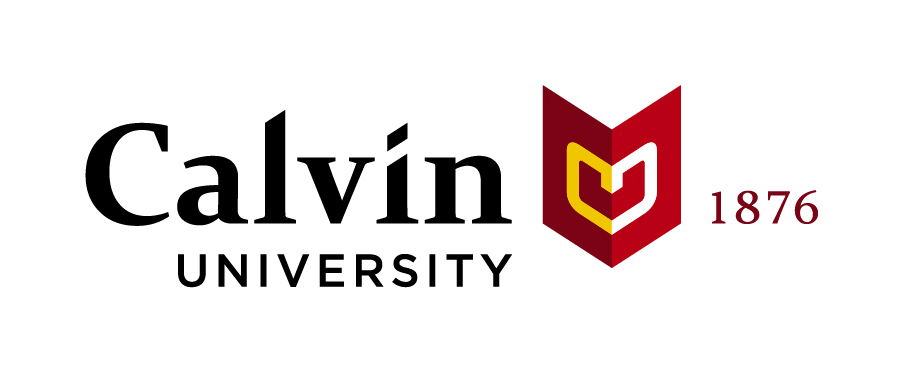 Home
Biography
Talks
Publications
Service
Home
Biography
Talks
Publications
Service
compiled by Derek C. Schuurman
A list of resources relating to faith and computing can be found here.
For a more detailed discussion of faith and computer technology, see: Shaping a Digital World: Faith, Culture and Computer Technology, InterVarsity Press, 2013.
One of the distinctive aspects of reformed Christianity is the recognition that all areas of life fall under the Lordship of Jesus Christ. Thus Engineering and Computer Science are like any other discipline, namely that we are called to obedience and to serve God and neighbor.
Creation
The Christian faith recognizes that God created a world which He called
"good". This theme is expressed well in Article 2 of the Belgic
Confession, where the writers of this confession state:
“… the universe is before our eyes like a beautiful book in which all creatures, great and small, are as letters to make us ponder the invisible things of God…”
The study of computer science, like any other scientific pursuit, gives us a glimpse into the majesty of our powerful and wise Creator. At the time of creation, God established a task for humankind in the cultural mandate to be stewards of His world. This task does not justify exploitation or plundering the earth, instead it calls us to both "tend and keep" the creation. God created the world with laws and resources that could be explored and put to good use to help fulfill this cultural mandate. He also created humankind in His own image:
“Why is programming fun? What delights may its practitioner expect as his reward?
First is the sheer joy of making things. As the child delights in his mud pie, so the adult enjoys making things, especially things of his own design. I think this delight must be an image of God’s delight in making things, a delight shown in the distinctiveness and newness of each leaf and each snowflake.” (from F.P. Brooks, The Mythical Man-Month, Addison Wesley, 1995, page 7)
Fall
Unfortunately, the disobedience of humankind led to the fall which has
affected all human activities, including the study of computer science.
The "thorns and thistles" of the fall are also apparent in our work with
computing. It is also evident that the fall has brought with it many
distortions in how technology is used. The effects of the fall are
apparent in attitudes which reduce the cultural mandate into a mere
"technical mandate" in which the pursuit of technology is made paramount
without thought to God or neighbor. In fact, taken to an extreme, this
can lead to a "tower-of-Babel" culture where people replace their need
for God with a reliance on the possibilities of modern technology. The
secularized faith in technology as savior or rescuer of the human
condition is sometimes referred to as technicism.
Redemption
Jesus Christ came into the world to redeem His creation. He inaugurated
His kingdom on earth and calls all believers to be faithful kingdom
workers. Engineers and Computer Scientists have many practical skills
and gifts that can be readily employed for kingdom service. These
include the harnessing of these tools for immediate practical service in
almost any setting from the office to the mission field. Christians
trained in the practical use of technology can bring assistance by
equipping others with tools that make them more effective in their
work.
There are many ethical issues relating to computing science which can be illuminated with the light of Scripture. These issues include respect for intellectual property rights and diligence in ensuring product safety and reliability. There is also the need to share technology with poorer peoples and to help with technical solutions for those in need. Christians are not called to turn away from the world, but to be salt in the world. This means having a presence on the cross-roads of our culture, shaping technology as it emerges and applying it to kingdom goals.
The New Creation
The Bible begins with the creation in Genesis and concludes with the
"new creation." Many see the world as advancing and getting better
through technology that someday promises to bring solutions to all of
life's problems. Others view technology with despair, and predict that
technology will one day destroy us. Instead, as Christians we believe
that ultimately the world is not determined by the path of technology.
Rather, we believe that the healing of the nations will come with
Christ's return. In the meantime, His children are called to go out and
make some imperfect models of the good world to come.
The Christian themes of creation, fall, redemption, and the hope of Christ's return shape our views of technology and computer science as we go about our kingdom work here on earth.
Grateful for advances
in science and technology,1
we make careful use of their products,2
on guard against idolatry
and harmful research,
and careful to use them in ways that answer3
to God's demands
to love our neighbor
and to care for the earth and it creatures.4Article 52 from Our World Belongs to God: A Contemporary Testimony